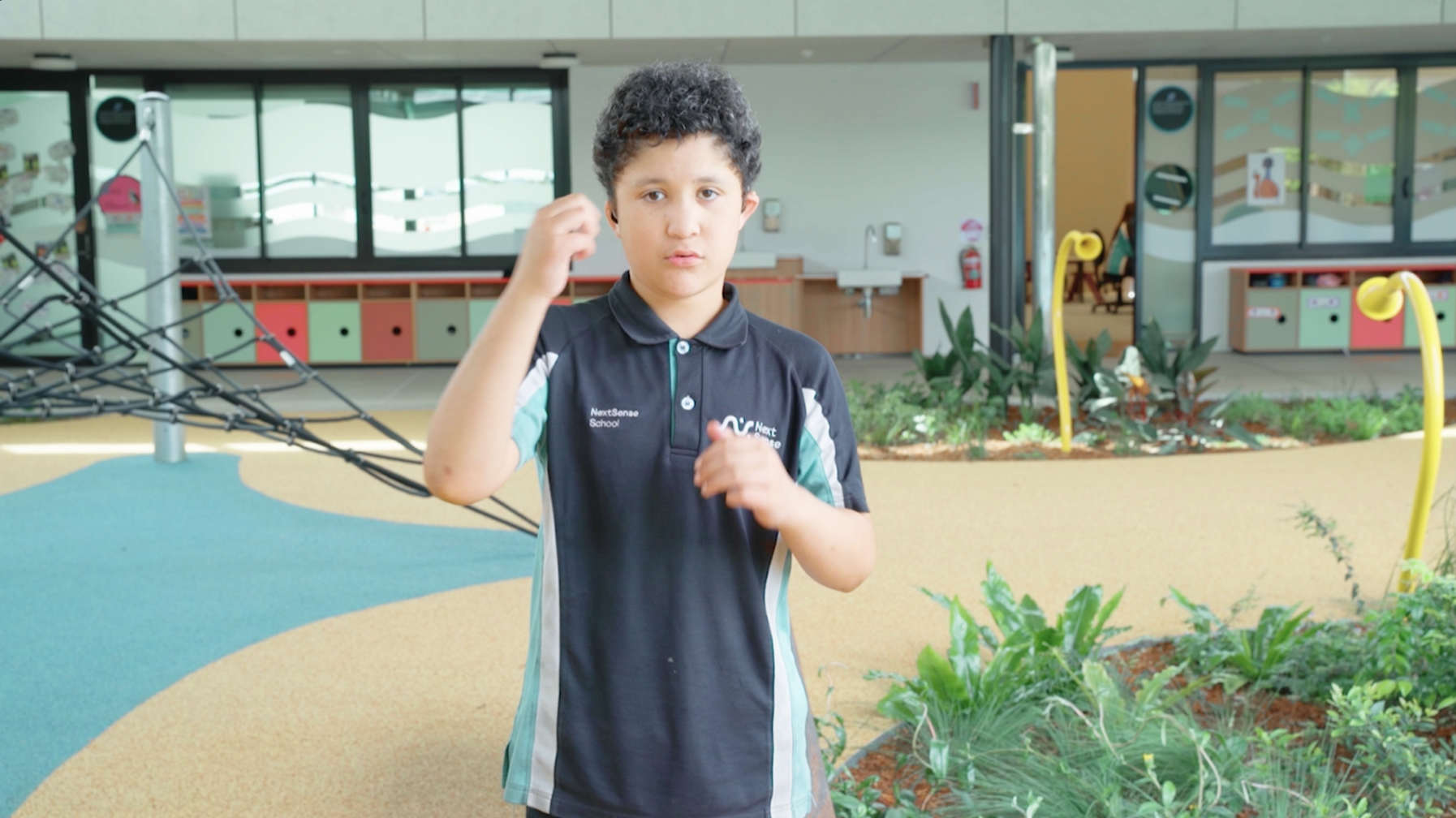- Vision
- Hearing
Each year on 22 October we celebrate the legacy of Thomas Pattison, who on the same day in 1860 changed the course of history for the Deaf community in Australia.
Soon after he arrived in Australia from his Scottish homeland, Thomas—who was profoundly deaf—quickly realised there was no organisation in the country dedicated to educating children who were deaf or hard of hearing, with families given limited choices including homeschooling, sending their children to overseas schools, importing a personal tutor, or limited choices.
Thomas was driven to change this, and within just two years of landing in New South Wales, he opened the very first Australian school for children who were deaf in Sydney—and eight years later began educating students who were blind or had low vision—paving the way for what would eventually become the NextSense School of today.
To celebrate his legacy and importance to the Deaf community, this Thomas Pattison Day we welcomed current and past students and staff, students’ families, and some of the organisations that support us, to a special assembly at our School. A pizza lunch and the opportunity to watch literacy lessons in action followed.
In a short video that was played to the crowd, our students discussed Thomas Pattison and what makes their School so special.
Watch an excerpt from the video below.

NextSense School supports students from Kindergarten through to year six who are deaf, hard of hearing, blind or have low vision in a custom-designed learning environment. Students who are deaf or hard of hearing can choose to attend our Sign Bilingual Program—for children who use both Australian Sign Language (Auslan) and English in its written and spoken form—or our Spoken Language Program. We also have a Blind Low Vision program that offers specialised support for children with vision loss.
Thomas Pattison’s contribution to ensuring equal access to education for children with sensory disability was enormous. We believe every child deserves the right to a high-quality education that helps them meet their personal potential. That’s why we’re incredibly proud of Thomas Pattison’s legacy, which continues to be felt today.
